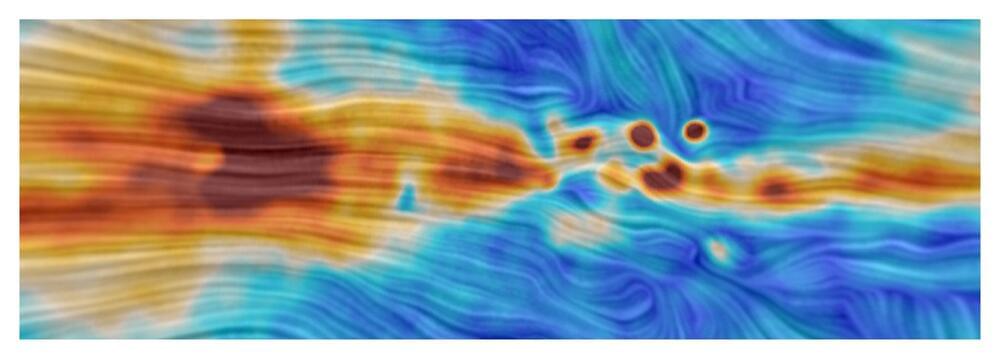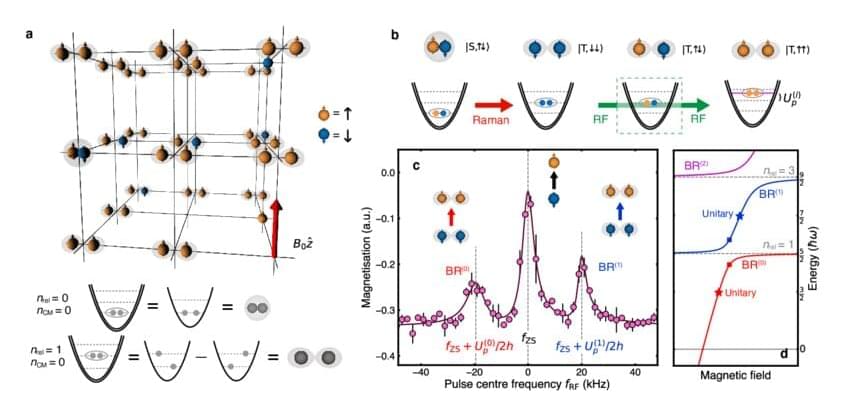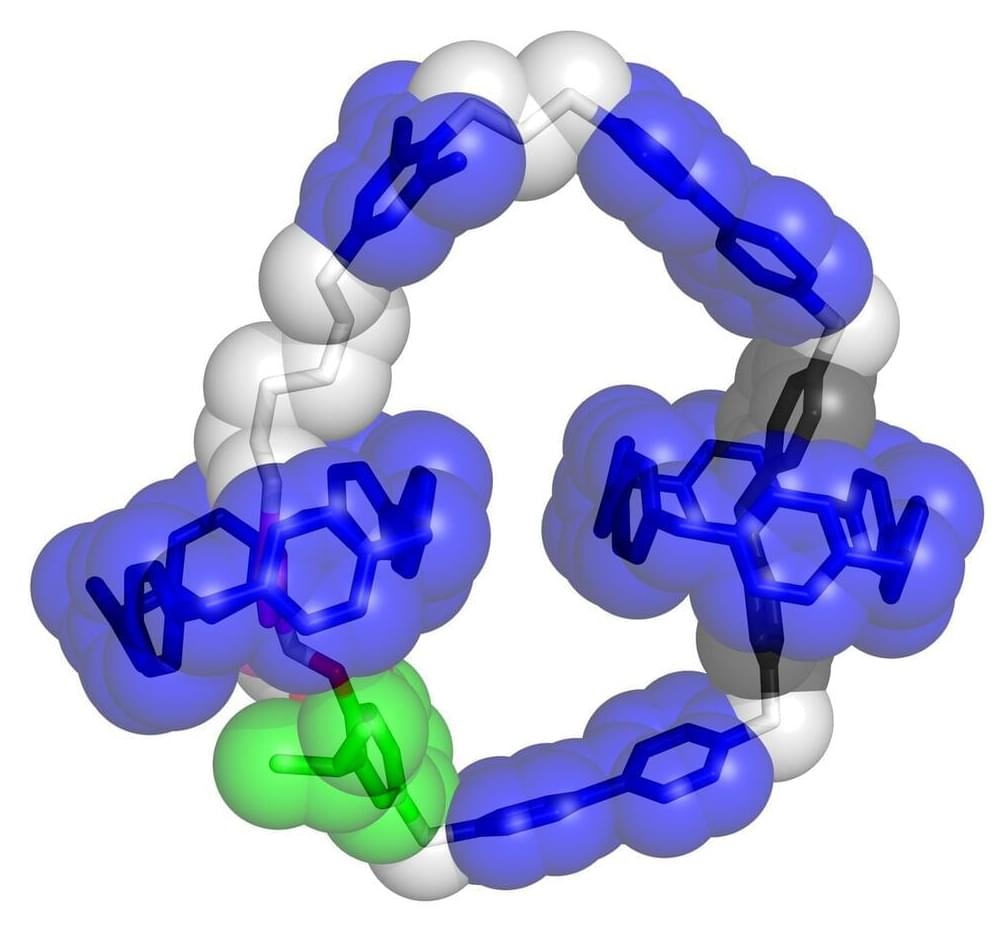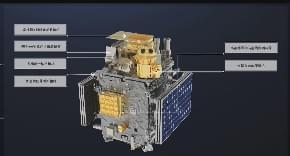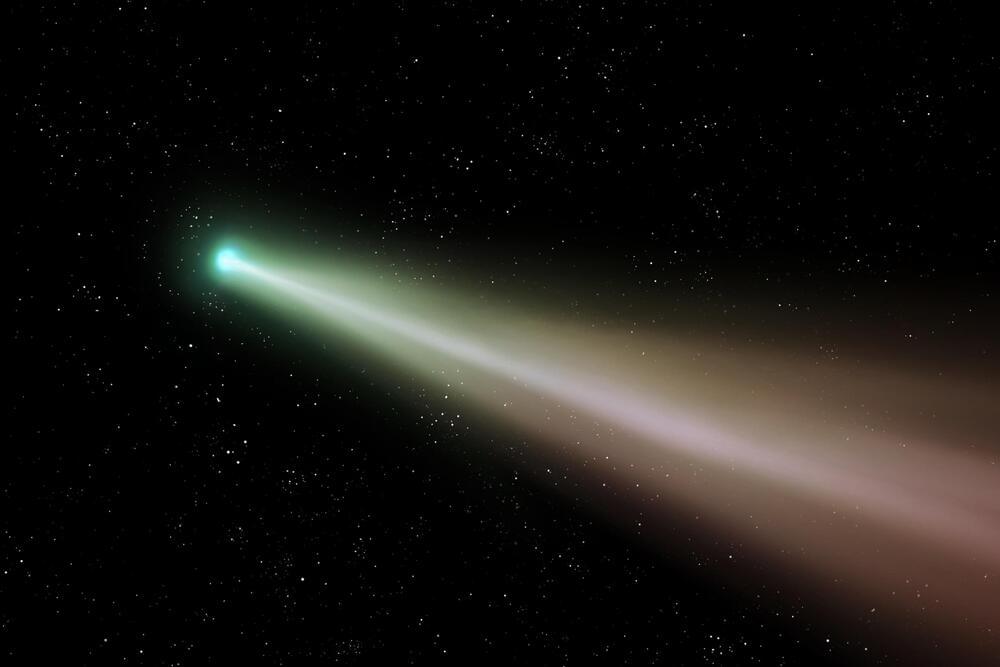An international team of scientists have successfully mapped the magnetic field of our galaxy, the Milky Way, using telescopes that observe the sky in the microwave range. The new research is published in Monthly Notices of the Royal Astronomical Society.
The team used the QUIJOTE (Q-U-I JOint TEnerife) Collaboration, sited at the Teide Observatory on Tenerife in the Canary Islands. This comprises two 2.5 m diameter telescopes, which observe the sky in the microwave part of the electromagnetic spectrum.
Led by the Instituto de Astrofísica de Canarias (IAC), the mapping began in 2012. Almost a decade later, the Collaboration has presented a series of 6 scientific articles, giving the most accurate description to date of the polarization of the emission of the Milky Way at microwave wavelengths. Polarization is a property of transverse waves such as light waves that specifies the direction of the oscillations of the waves and signifies the presence of a magnetic field.
